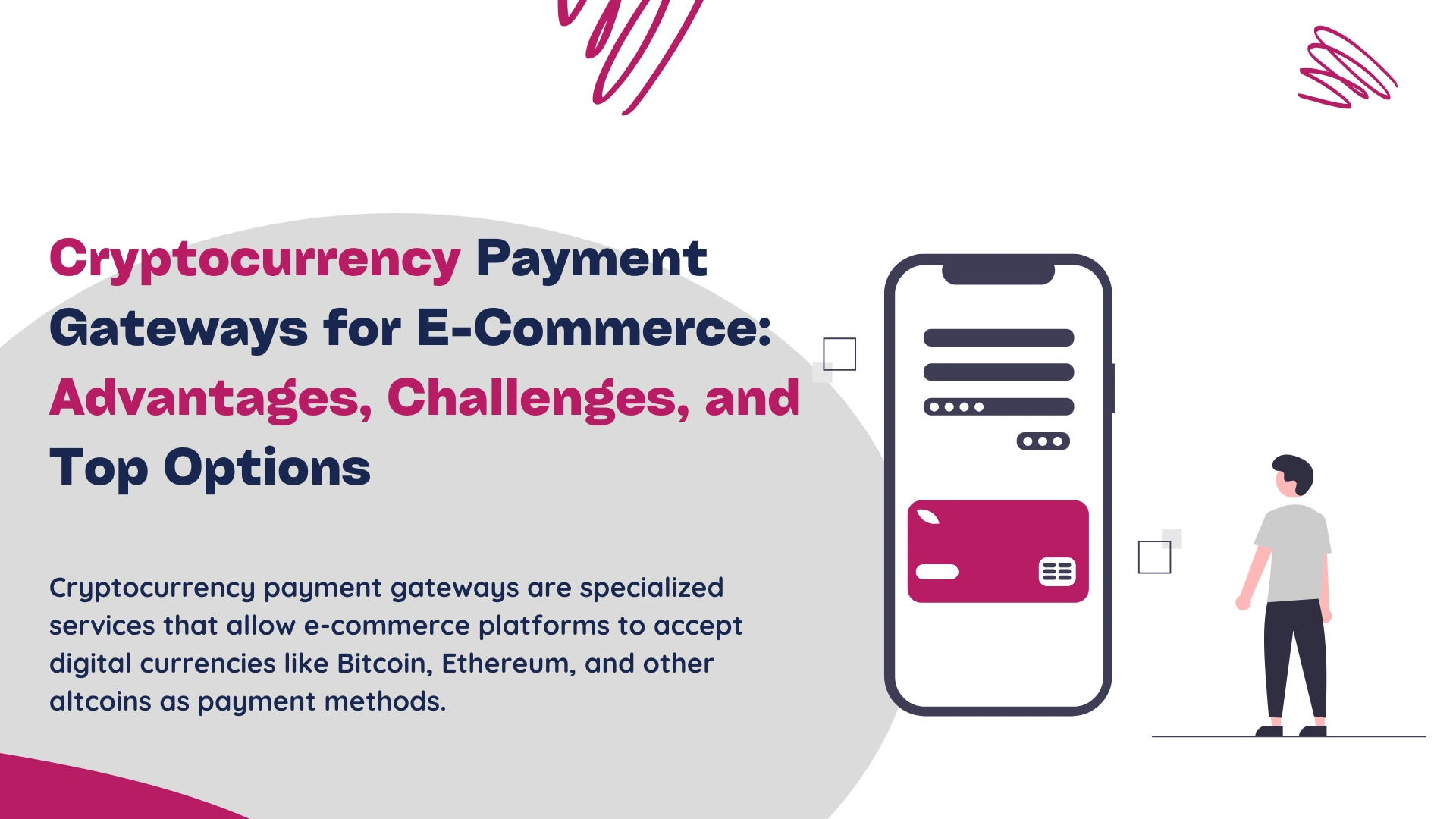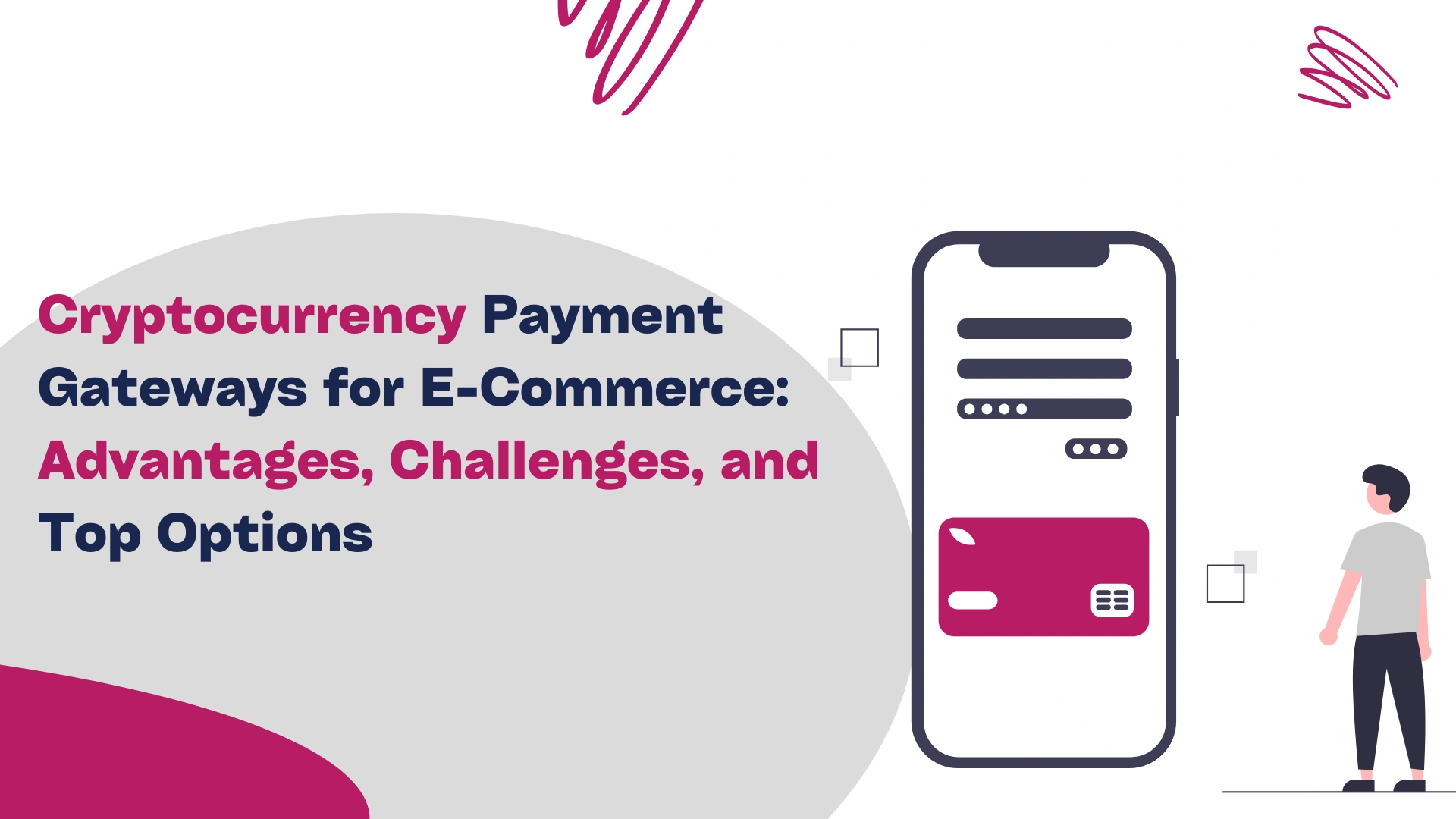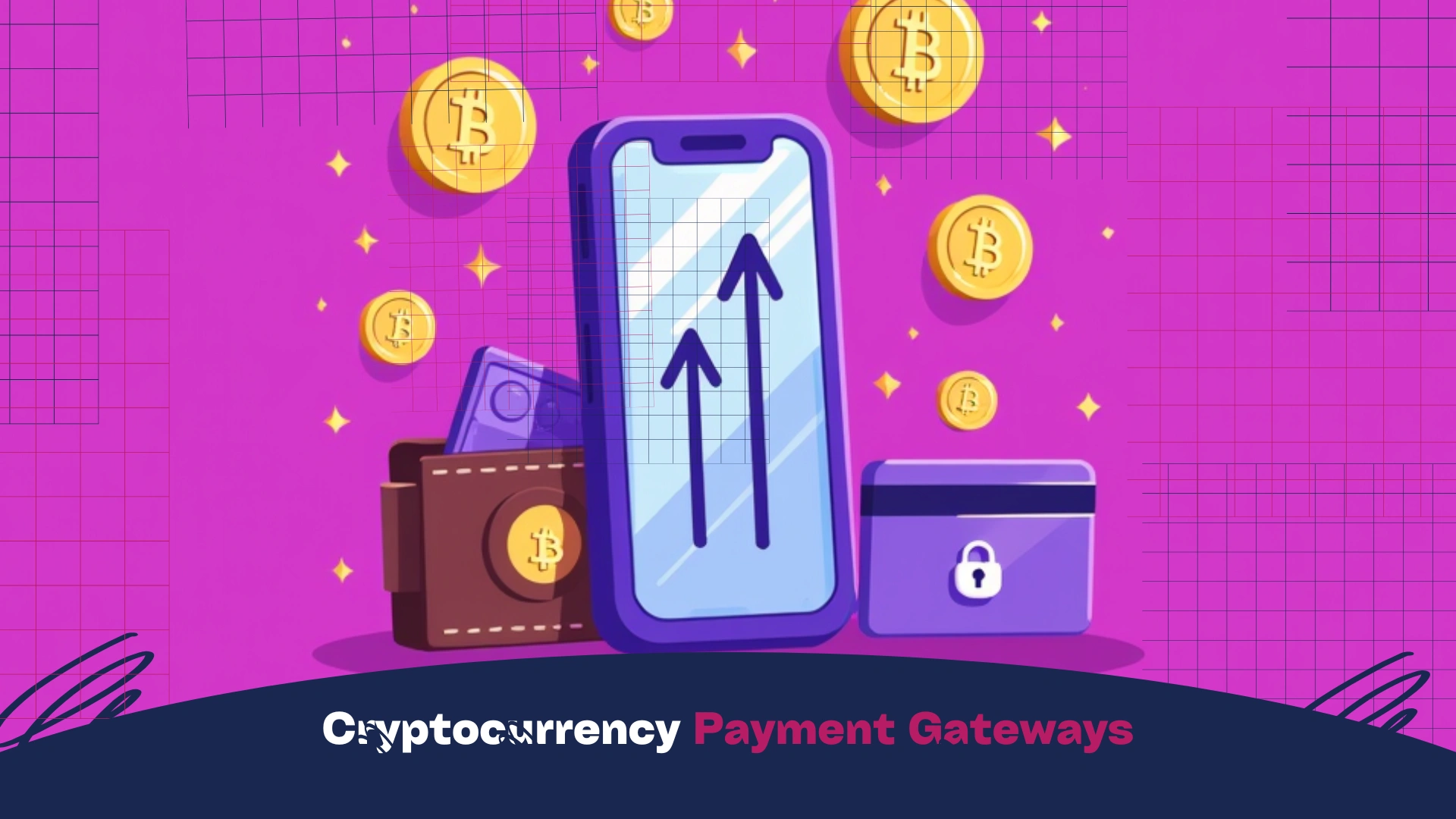Introduction: What Are Cryptocurrency Payment Gateways?
Cryptocurrency payment gateways are specialized services that allow e-commerce platforms to accept digital currencies like Bitcoin, Ethereum, and other altcoins as payment methods. These gateways act as intermediaries between merchants and blockchain networks, ensuring secure, fast, and low-cost transactions. They have become increasingly popular as online shoppers and businesses look for more flexible, decentralized, and innovative ways to handle transactions. This article explores the landscape of cryptocurrency payment gateways, their advantages, challenges, and some of the top options available in the market today.
Advantages of Using Cryptocurrency Payment Gateways for E-Commerce

Cryptocurrency payment gateways offer several distinct advantages for online businesses:
- Lower Transaction Fees: Traditional payment methods like credit cards or PayPal often come with high transaction fees, particularly for international transactions. Cryptocurrency transactions, on the other hand, typically involve much lower fees. According to CoinGate, one of the leading payment gateway providers, transaction fees can be as low as 0.5% or even less, which is significantly cheaper compared to traditional payment processing fees (source: CoinGate).
- Speed and Efficiency: Cryptocurrency transactions can be processed much faster than traditional payment methods. This is particularly beneficial for businesses dealing with international customers where traditional bank transfers can take days. According to a report by BitPay, a leading Bitcoin payment processor, transactions are confirmed in minutes, making it an ideal solution for e-commerce (source: BitPay).
- Global Reach: With cryptocurrency payment gateways, businesses can tap into a global customer base. These payment solutions are not bound by geographical restrictions, which is a significant advantage for e-commerce platforms targeting international markets. Research from PayPal shows that over 300 million people worldwide are using digital currencies, indicating a massive potential market (source: PayPal).
- Increased Security: Cryptocurrencies utilize blockchain technology, which provides a high level of security against fraud and chargebacks. According to Chainalysis, blockchain technology offers secure transactions and protects against tampering, making it a safer option for businesses and customers alike (source: Chainalysis).
Challenges of Cryptocurrency Payment Gateways
While cryptocurrency payment gateways offer numerous benefits, they also come with their set of challenges:
- Volatility: The value of cryptocurrencies can fluctuate significantly over short periods, which can pose a risk for businesses accepting these payments. According to Forbes, Bitcoin, for example, has seen swings of over 50% in a single month (source: Forbes). This volatility can impact businesses that need to convert these currencies back into traditional fiat money immediately.
- Regulatory Uncertainty: The regulatory landscape for cryptocurrencies varies significantly by country and continues to evolve. According to the International Monetary Fund (IMF), governments around the world are still figuring out how to tax, regulate, and oversee digital currency transactions, which can complicate business operations (source: IMF).
- Lack of Consumer Awareness: Many customers are still unfamiliar with how to use digital currencies for payments. According to a survey by TripleA, less than 5% of the global population currently uses cryptocurrencies for everyday transactions (source: TripleA). This lack of awareness can be a barrier for businesses looking to accept these payment methods.
Comparison Table: Leading Cryptocurrency Payment Gateways
| Gateway | Supported Cryptocurrencies | Transaction Fees | Main Features | Website |
|---|---|---|---|---|
| BitPay | Bitcoin, Ethereum, Bitcoin Cash | 0.5% | Fast processing, high security, worldwide coverage | BitPay |
| CoinGate | Bitcoin, Ethereum, Litecoin | 0.5% | Low fees, multiple payment options, international reach | CoinGate |
| PayPal | Bitcoin, Ethereum | 1.5% | Quick integration, high customer base, easy conversion | PayPal |
| Coinbase Commerce | Bitcoin, Ethereum, Litecoin | 1.0% | Secure, easy-to-use, trusted by many online stores | Coinbase Commerce |
Integration Tips for E-Commerce Platforms
Integrating a cryptocurrency payment gateway into an e-commerce platform requires careful consideration of several factors:
- Compatibility: Ensure that the payment gateway is compatible with your e-commerce platform (e.g., Shopify, WooCommerce, Magento). Most gateways offer plugins or extensions for popular platforms, simplifying the setup process.
- Security Measures: Protect both your business and customers from fraud by implementing additional security measures such as two-factor authentication, encrypted transactions, and regular audits. Platforms like WordPress and Shopify offer built-in security features to safeguard against potential risks (source: Shopify).
- Conversion Strategy: Develop a strategy for converting cryptocurrencies into fiat currency or holding them if you choose not to liquidate immediately. Tools like ShapeShift or Coinify can help automate this process (source: ShapeShift).
Top Cryptocurrency Payment Gateways and Their Features
Let’s take a closer look at some of the top cryptocurrency payment gateways available today:
- BitPay: Known for its fast processing times and robust security features, BitPay supports Bitcoin, Bitcoin Cash, Ethereum, and several other altcoins. It’s widely used by online merchants and offers integrations with major e-commerce platforms (source: BitPay).
- CoinGate: This gateway supports multiple cryptocurrencies, including Bitcoin, Ethereum, and Litecoin. CoinGate is known for its low transaction fees and international reach, making it ideal for businesses looking to expand globally (source: CoinGate).
- PayPal: Recently added support for cryptocurrency transactions, PayPal allows merchants to accept Bitcoin, Ethereum, and Litecoin. The integration is seamless, and the platform offers high conversion rates for digital currencies (source: PayPal).
- Coinbase Commerce: Trusted by many online stores, Coinbase Commerce supports a variety of cryptocurrencies including Bitcoin, Ethereum, and Litecoin. It’s user-friendly and offers tools for managing payments effectively (source: Coinbase Commerce).
FAQ: Common Questions About Cryptocurrency Payment Gateways
What is a cryptocurrency payment gateway?
A cryptocurrency payment gateway is a service that facilitates transactions between businesses and customers using digital currencies. It acts as a bridge between an e-commerce platform and blockchain networks, ensuring secure and efficient transactions.
Are there any fees for using cryptocurrency payment gateways?
Yes, most cryptocurrency payment gateways charge a transaction fee, typically ranging from 0.5% to 2% depending on the gateway and the type of cryptocurrency used. These fees are generally lower than those associated with traditional payment methods.
How can I mitigate cryptocurrency volatility risk?
To mitigate volatility risk, businesses can consider converting digital currencies to fiat currency immediately after receiving payments, using stablecoins (like USDC) that are pegged to the US dollar, or investing in hedging strategies like futures contracts (source: Forbes).
What are the regulatory requirements for accepting cryptocurrency payments?
Regulatory requirements vary significantly by country. Some countries have embraced cryptocurrencies fully, while others have imposed strict regulations. It’s advisable to consult with legal experts to ensure compliance with local laws (source: IMF).
Conclusion
Cryptocurrency payment gateways present a unique opportunity for e-commerce businesses to expand their reach, reduce transaction fees, and improve security. While they offer numerous advantages, such as faster processing times and a global customer base, challenges like volatility and regulatory uncertainty must be navigated carefully. By understanding the landscape, selecting the right gateway, and adopting best practices, businesses can successfully integrate these payment solutions into their e-commerce strategy. As the world continues to move towards a more digital and decentralized financial system, cryptocurrency payment gateways will play an increasingly important role in shaping the future of online commerce.
By leveraging the information, links, and recommendations provided in this article, businesses can make informed decisions about integrating cryptocurrency payment gateways into their platforms. Whether you’re a small e-commerce business or a large corporation, there’s a cryptocurrency payment gateway tailored to meet your needs.


